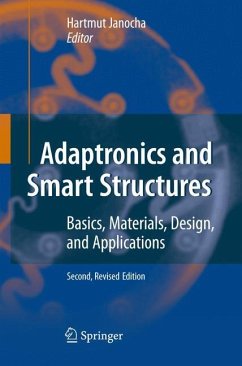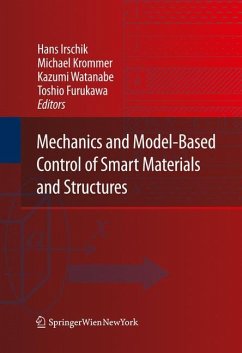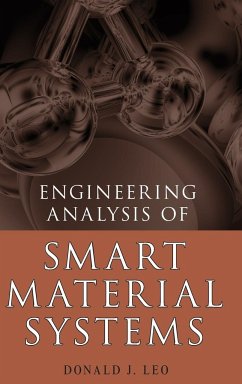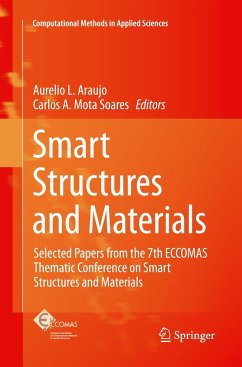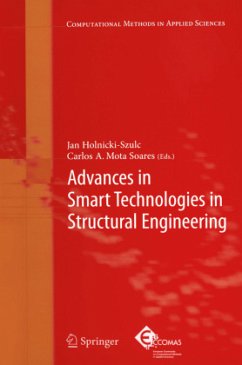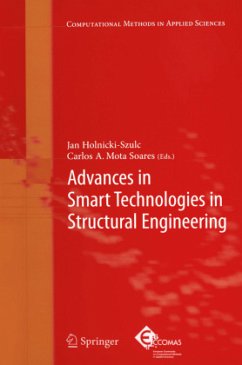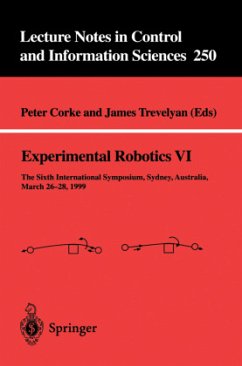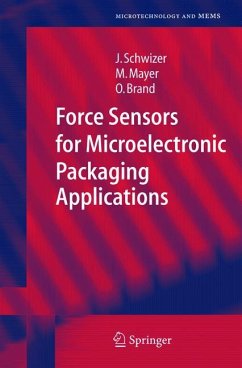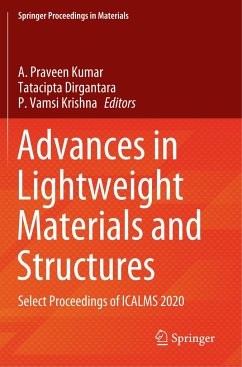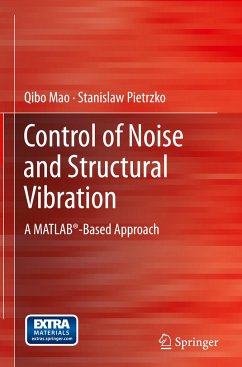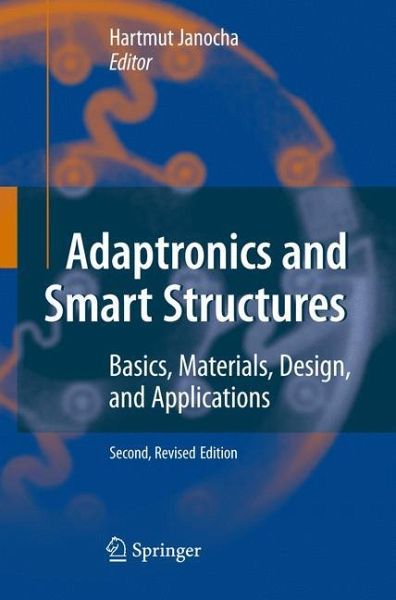
Adaptronics and Smart Structures
Basics, Materials, Design, and Applications
Ed. by Hartmut Janocha
Versandkostenfrei!
Versandfertig in 1-2 Wochen
115,99 €
inkl. MwSt.

PAYBACK Punkte
58 °P sammeln!
Adaptronic structures and systems are engineered to adjust automatically to variable operating and environmental conditions, through the use of feedback control. The authors of this book have taken on the task of comprehensively describing the current state of the art in this highly modern and broadly interdisciplinary field. The book presents selected examples of applications, and goes on to demonstrate current development trends.
Adaptronic structures and systems can adapt automatically to variable operating and environmental conditions through the use of feedback control. But in contrast to conventional control loops, in which each function is fulfilled by a separate component, adaptronics is characterized by multifunctional components that are preferably integrated into the structure or the system. The goal is a lightweight and simple construction for conserving material and energy resources. The authors of this book have taken on the task of displaying the current state of the art in this highly modern and strongly interdisciplinary field. Selected application examples are also presented and current development trends demonstrated.




